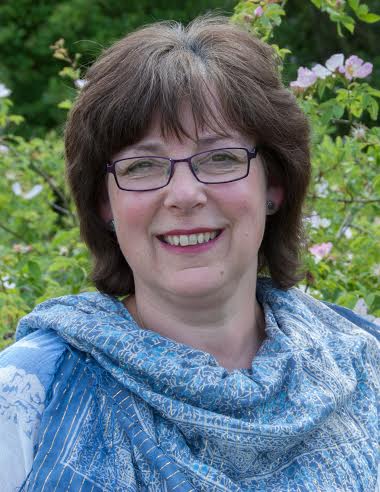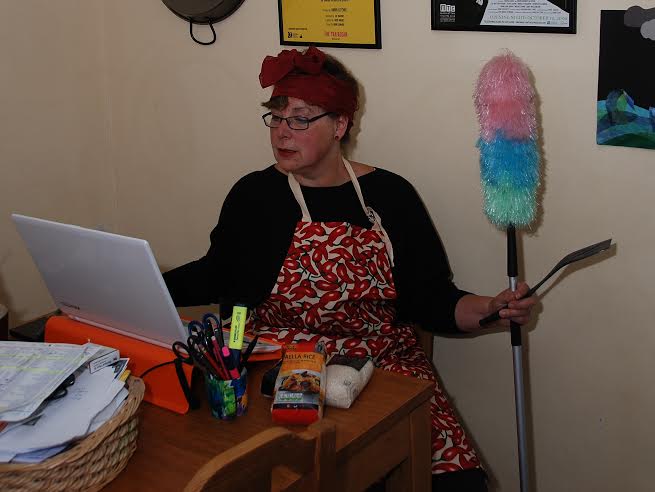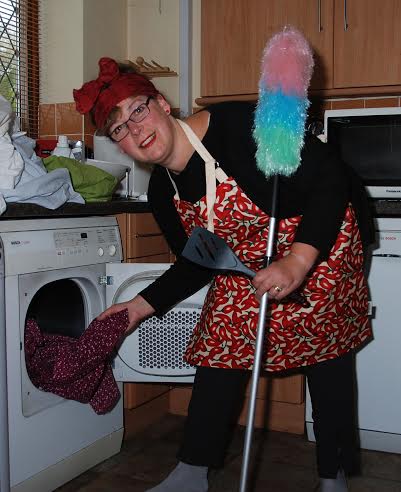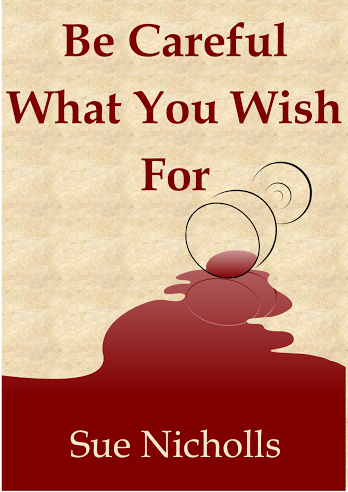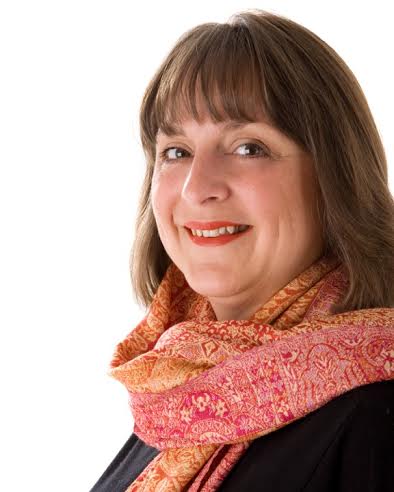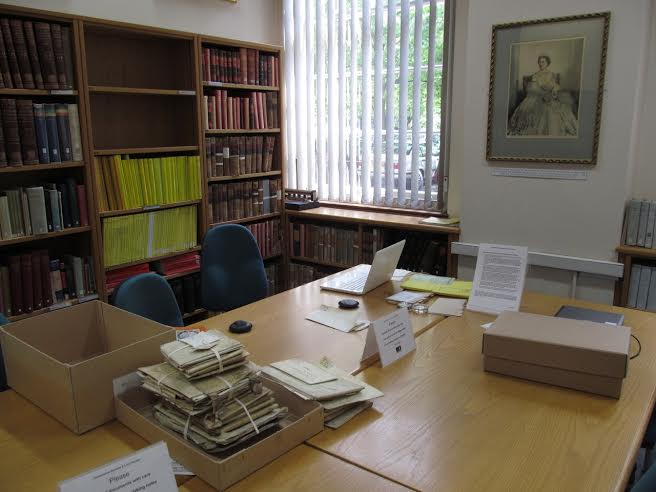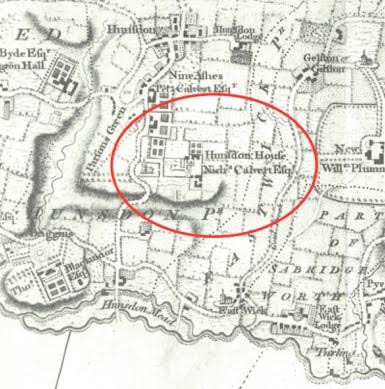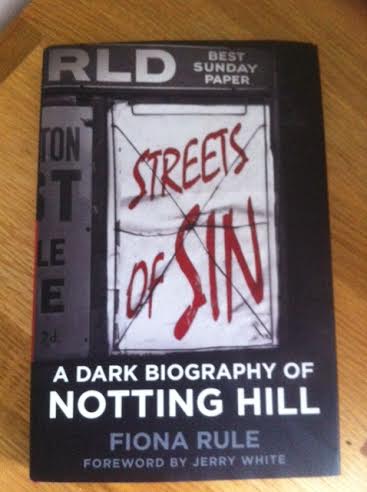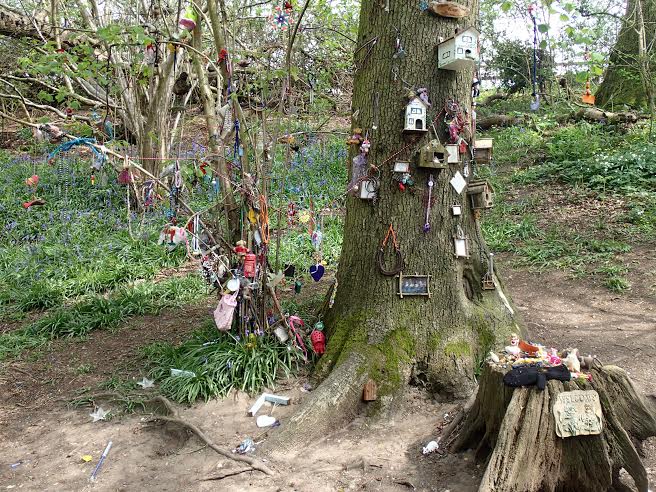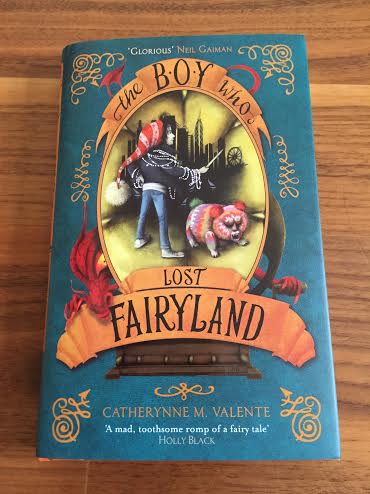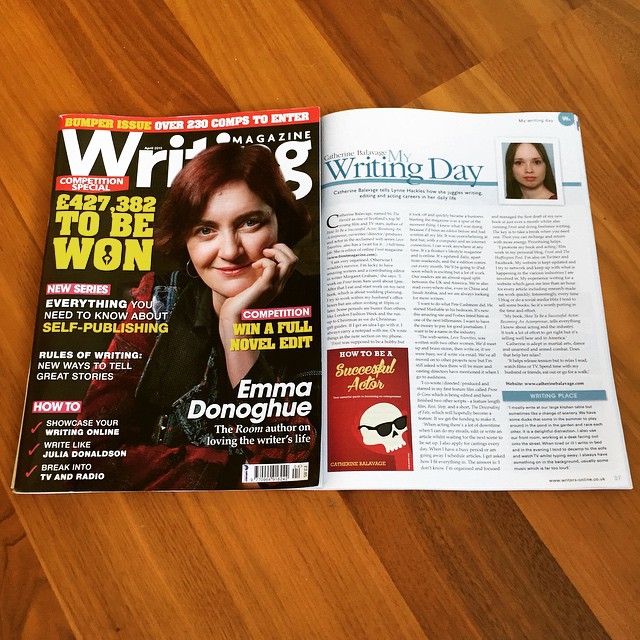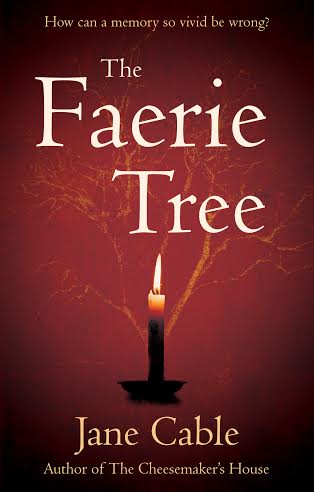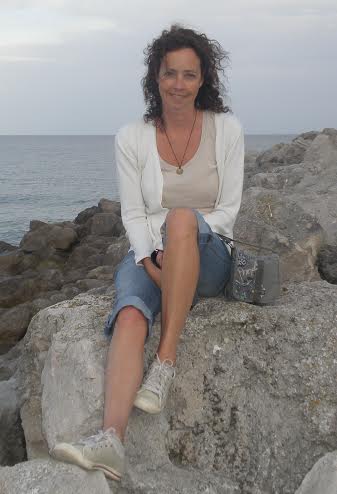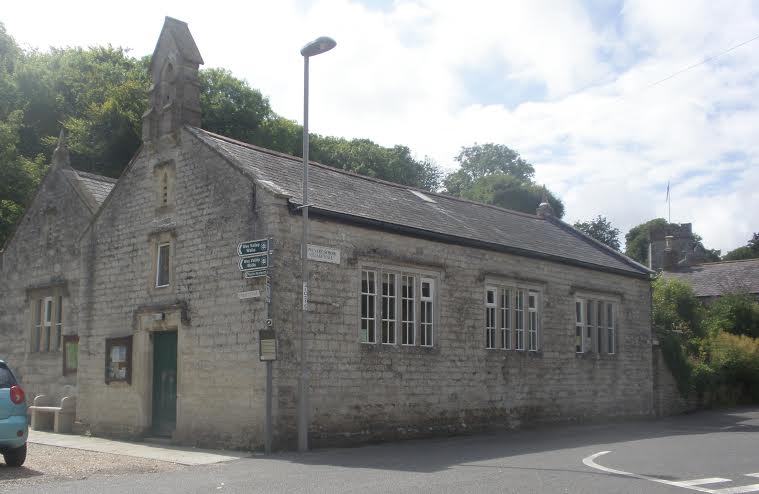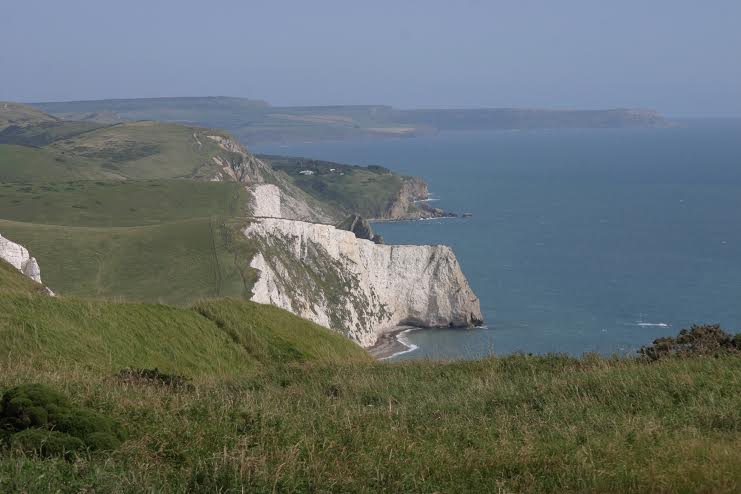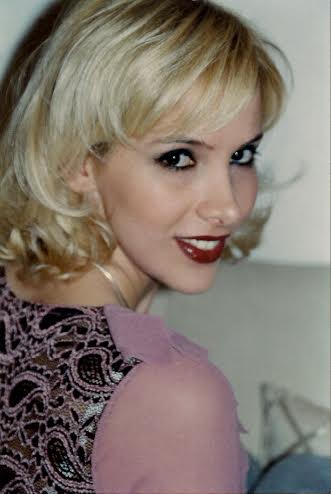
Author Lily Amis
What inspired you to write the book?
When I went through difficult times as a teenager in my early years in Switzerland, I always knew that I would someday share my story with others. I just felt that what my mom and I were experiencing as war-refugees was beyond normal and that I had to become the voice for other silent suffers like us. I felt it was my duty to share our story.
Also as a teenager drawing and painting was my way of self-therapy. But through long-term unemployment the older I got the more writing became my way of self-therapy.

You experienced many setbacks. Some were because of war, bureaucracy and medical reasons. What was the hardest and what did you learn from it?
The hardest setbacks were and still are dealing with bureaucracy. As a kid I was an outsider as a refugee. Than the older I got I felt unwanted as a foreigner. And today as an adult I still feel unwanted and not integrated because of stupid bureaucracy.
That’s why I always say once a refugee, always a refugee. Once a foreigner, always a foreigner. The problem is that I feel homeless and lost. Even though I speak fluent German, Swiss German, English and Farsi where ever I go, I feel invisible, like nobody takes notice of me.
I learned from early years on to fight for my right and this hasn’t stopped until now and yet. I’m still fighting for my right, for my freedom and my acceptance!

You use Asiacity and EUcity instead of the names of the countries. Why is this?
I used Asiacity for Iran because unfortunately I feel specially these days when you say you’re Iranian you have to deal with injustice and discrimination. People have a negative view on my birth country. They believe what they see and hear by the Media and think my country is evil.
To be honest I was afraid that readers wouldn’t show interest in my story because they don’t like my country. Which is a shame, because my birth city Tehran is actually a great city and Iranian people are the most loving, friendly and helpful people.
I used EUcity for Swiss because I didn’t want to point my fingers out on Swiss and blame them for what the refugee law has done to us. Because the law is similar in most European countries and our suffer could have happen anywhere else to. And we see that now more than ever daily on the news.
What do you think of the current migrant crisis?
There are no words to describe my feelings. I have mixed feelings. I watch the news daily and it breaks my heart to see so many desperate people, young, old, families, children coming to Europe with completely false hopes and expectations. They have NO idea that becoming a refugee basically means giving up on your life, your future, hopes, dreams and goals. You leave your identity, pride and dignity behind for NOTHING in return.
It is also the prove of Karma. Twenty-eight years ago my mom and I left our home because of war. And nobody showed any compassion. Instead we were punished with bureaucracy.
Today Millions of refugees are coming from all kinds of countries and finally EU has to act and the Refugee Law has to change. The governments finally realize that the Refugee law as it was until now can’t function any longer. They have to find a fast and human solution to integrate these people in EU ASAP. That was what I always wanted to achieve with my story: Change the Refugee law which is now happening by a higher power.
Should people use the term refugee rather than migrant?
I don’t understand why people make such a big issue out of these two words. For me a refugee is someone who’s fled from war to stay alive. For me these people are war-refugees who have lost everything they have because of war.
Than we have economic-refugees. For example people from East Europe. They have not much and wish to have a better life and future. Which is absolute legitimate. After all we all are just short visitors on planet earth and should have the same rights for a happy life.
For me Migrants are people who have a life. But for whatever reason they decide to leave their home country and start a new life in another place. They do it legally with Visas by Embassies.
So in other words all the people that we see now coming are Refugees and not Immigrants. Why? Because they have lost their existence and have no place to go back to.
What got you through the tough times?
My mums devoted Love, support, care and believe. She’s an incredibly strong woman. I admire her strength and trust in God. Also my art work was a big help. Drawing and painting was my way of getting through tough times.
I have two examples that I like to share with you. Both were done in 1996, the original size is 50X70 cm. One is expressing that my only hope to ever feel Freedom is death! And the other one is expressing how I felt as a Refugee in Switzerland.
What can be done to help refugees?
I waited for this question for twenty-eight years. The refugee law must be updated ASAP. It can’t go on like this anymore. Toying with peoples destinies must take an end. The whole process of taking or not taking refugees in must be handled faster and fair. And finding a human solution is easier than the EU believes.
Depending on the country the people are coming from and why the decision whether to take them in or not can be done in a short matter of time. It shouldn’t take fifteen years to get a proper residence permit like in our case. It shouldn’t be necessary to get married without Love just to be able to have rights.
And when the EU countries accept these people they should give them a fair chance for a normal life and future. First of all treat them with respect and not like a disease. Understanding, caring, compassion and support MUST be the main priority.
Secondly when they start a life in a new country, they should have all the possibilities that are the fundament for an independent and fearless Life. Such as education and work opportunity.
Because Education means independence and independence means liberty.
Let them become the next Albert Einstein, Freddy Mercury, Bob Marley, Billy Wilder, Marlene Dietrich or Sigmund Freud. Don’t stop them from improving just because of stupid laws and injustice.
But the best HELP of all would be to STOP the War & Weapon business by reach and greedy countries. Than we wouldn’t have any refugees at all. Every human being could stay at home and live a fearless, normal life without suffer and pain.
You returned to your home country. How did that feel?
The title of my book is “Destination: Freedom”. When you read the book you assume that I found my freedom in EUcity (Switzerland) by leaving my hometown Asiacity (Iran). But actually the opposite was the case. When I returned to my hometown Tehran after fifteen years I felt Freedom for the first time in my entire Life. Even though the circumstances were terrible and sad, I was happy and free. I felt welcomed and not like an outsider anymore.
When will the other books be out and what can we expect?
The second book “Definition of Freedom” will be out soon. It is ready for print in English and in German. I think the readers of my first book “Destination: Freedom” will be very surprised to read how my life continued as a former-refugee.
“Definition of Freedom” is a cry for help and the perfect example of how the future of a refugee kid will look like if EU don’t put an end to the refugee system and change the rights of Refugees. Otherwise the future of innocent refugee kids like me are damaged forever and filled with personal and professional setbacks.
Would you believe me if I tell you that it took me twenty-seven years to be finally a naturalized “Swiss”? And that nothing has changed and I’m still desperately looking for Freedom? A place where I feel home, welcome, accepted and integrated? Would you believe me if I tell you that I’m still struggling and fighting for a “normal” life? Well these are just a few topics that I’m sharing with my readers in the second book of the trilogy.
What is next for you?
I’m hoping to find Freedom in a country where I feel welcome.
I’m praying to be able to breathe and live an independent life without fear of existence and the future.
I wish to continue my writing and use my voice for the voiceless. I want to help other sufferers specially Woman who have to deal with issues such as long-term-Unemployment, fear of existence, bullying, emotional and sexual harassment, burn out, depression, social isolation, loneliness etc. which are the topics of “Definition of Freedom” and my third book “Definition of Love” which I’m working on right now.
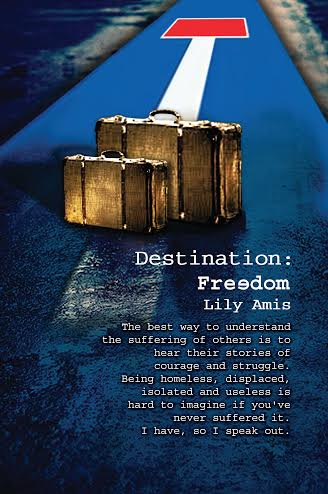
Destination: Freedom is a warts and all book which tells the brutal truth about being a refugee. Lily Amis does not censor herself at all. You learn about her frustration as bureaucracy stops Lily and her mother integrating into their new environment. They escape unimaginable horrors and are held back instead of being helped. If they were helped and given visas they could work and pay tax in the country they arrived in (Switzerland). I hope people in power read this book and some changes are made. This book is timely with the current refugee crisis the world is currently facing. An interesting read from a brutally honest writer.
Destination: Freedom is available here. 

